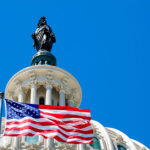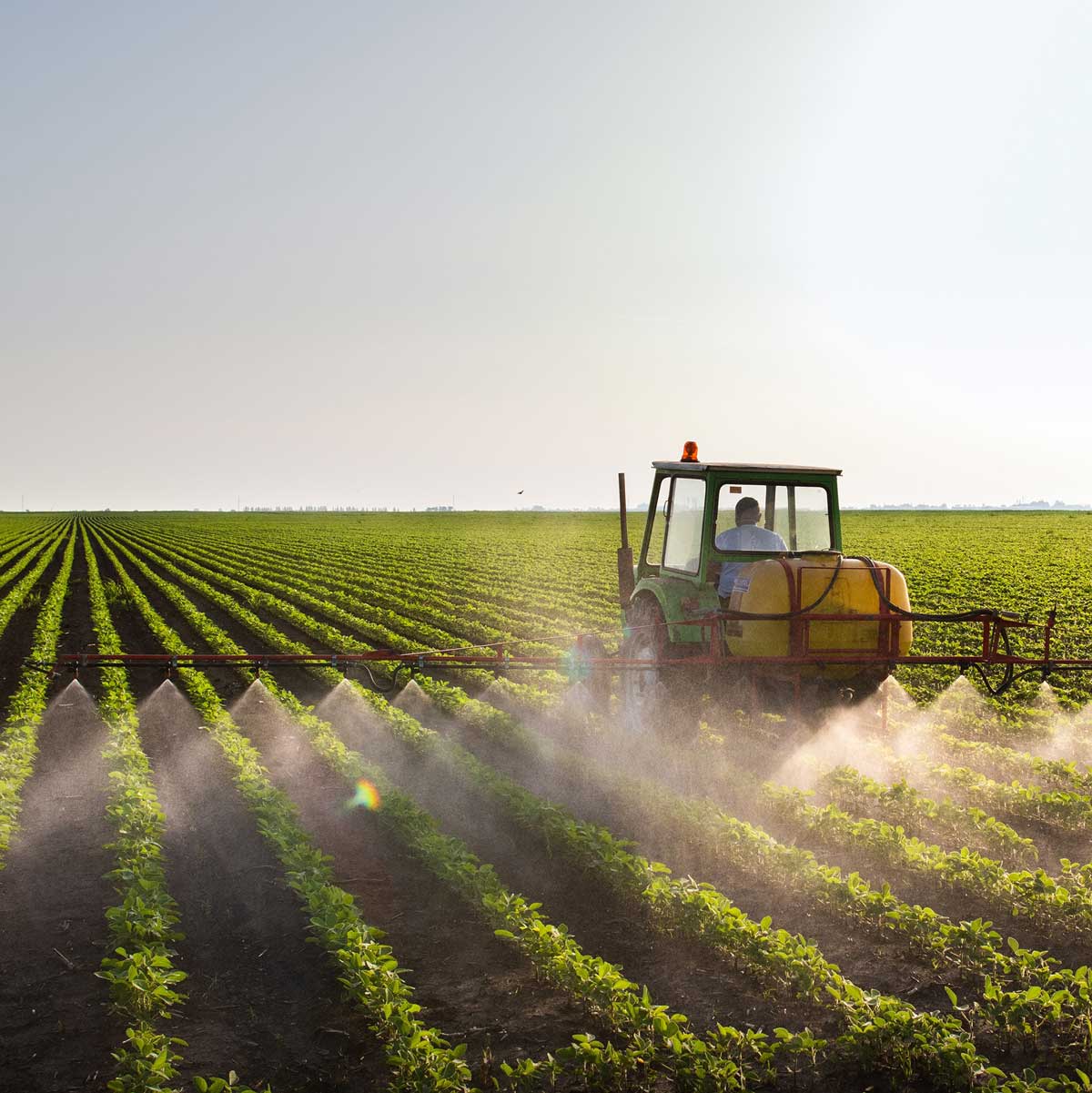Congress has acted quickly to provide industry-wide relief during these uncertain economic times due to the COVID-19 pandemic, including:
- Coronavirus Preparedness and Response Supplemental Appropriations Act (March 6th)
- Families First Coronavirus Response Act (March 18th)
- The Coronavirus Aid, Relief, and Economic Security (CARES) Act (March 27th)
- Paycheck Protection Program and Health Care Enhancement Act (April 24th)
Each bill provides direct assistance to American families, businesses and local governments. A few of the major provisions of acts passed thus far are:
- Economic Impact Payments were provided to taxpayers’ households. Individuals with an income of less than $99,000 (or $198,000 for joint filers) received up to $1,200 per adult and $500 per child under 17 years old; equaling up to $3,400 for a family of four.
- Up to $100,000 of penalty-free distributions from a 401(k) or other retirement plan can be taken from an account balance in 2020 if an individual or a family member tests positive for the coronavirus or suffers economic harm because of the coronavirus. Loans up to $100,000 may also be taken (limit is typically $50,000).
- All required minimum distributions (RMDs) required to be made in 2020 are waived.
- Federal student loan payments may be deferred for six months, without interest or other penalty, through September 30, 2020.
For businesses, many forms of employment relief are available:
- The Paycheck Protection Program (PPP) loans administered by the Small Business Administration offered small businesses funds to pay up to eight weeks of payroll costs including benefits and interest on mortgages, rent, and utilities. Farmers and individuals who are self-employed were eligible to participate in this program.
- The Employee Retention Credit encourages preserving pre-COVID-19 levels of employment by offering a 50% credit on wages paid or incurred from March 13 to December 31, 2020 up to $10,000. This credit is available to employers that have suffered economic hardship due to closures or reduced revenues due to the pandemic.
- A Payroll Tax Deferral is available to preserve cash flow in order for organizations to maintain operations and payroll. Employers and self-employed individuals can defer payment of the employer share of the Social Security tax. The deferred employment tax can be paid over the next two years—with half of the required amount to be paid by December 31, 2021 and the other half by December 31, 2022.
- Qualified sick leave and family leave credits are available for employers that have continued to pay employees directly affected by COVID-19, either for sickness of the employee or a family member, or leave caused by caring for children due to daycare or school closings.
- Unemployment benefits have also been expanded, including receiving an additional $600 a week for four months and an extension of benefits. Self-employed individuals and independent contractors also qualify for benefits if they have lost employment due to coronavirus.
- Emergency economic advances up to $10,000 on Economic Injury Disaster loans are available from the SBA, and small businesses with existing SBA loans may waive payments on those loans for six months.
USDA Coronavirus Food Assistance Program (CFAP)
According to the U.S. Department of Agriculture (USDA), they will begin accepting applications through the Farm Service Agency (FSA) on May 26 from agricultural producers that experienced a five-percent-or greater price decline and face further setbacks due to lower demand, surplus production, and disruptions caused by the pandemic. Producers will receive payments based on inventory subject to price risk held as of January 15, 2020. One payment will be made based on 50 percent of a producer’s 2019 total production or the 2019 inventory as of the above date (whichever is less), multiplied by 50 percent and then multiplied by the commodity’s applicate payment rates.
Producers will need to contact their local FSA office and provide them with their total 2019 production for the commodity that suffered a five percent-or-greater price decline, as well as their total 2019 production that was not sold as of January 15, 2020. Applications will be accepted through August 28, 2020. There is a payment limitation of $250,000 per person or entity for all commodities combined. Corporations, LLCs and LLPs can qualify for additional payment limits in cases that applicants actively provide personal labor or personal management to the farming operation. Producers will also have to certify they meet the Adjusted Gross Income limitation of $900,000 unless at least 75 percent or more of their income is derived from farming.
As the COVID-19 pandemic affects everyone in some way, Congress has included provisions in these acts that provide aid to an expansive list of recipients. If you have questions on how you or your business may take advantage of any of the relief provided in the new acts, please contact your Sikich professional.
CLICK HERE FOR MORE RESOURCES
This publication contains general information only and Sikich is not, by means of this publication, rendering accounting, business, financial, investment, legal, tax, or any other professional advice or services. This publication is not a substitute for such professional advice or services, nor should you use it as a basis for any decision, action or omission that may affect you or your business. Before making any decision, taking any action or omitting an action that may affect you or your business, you should consult a qualified professional advisor. In addition, this publication may contain certain content generated by an artificial intelligence (AI) language model. You acknowledge that Sikich shall not be responsible for any loss sustained by you or any person who relies on this publication.








